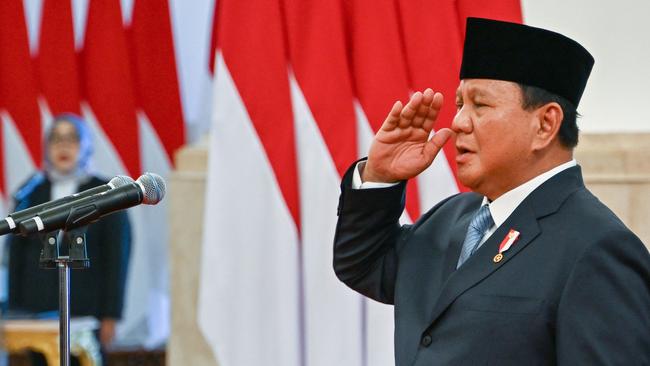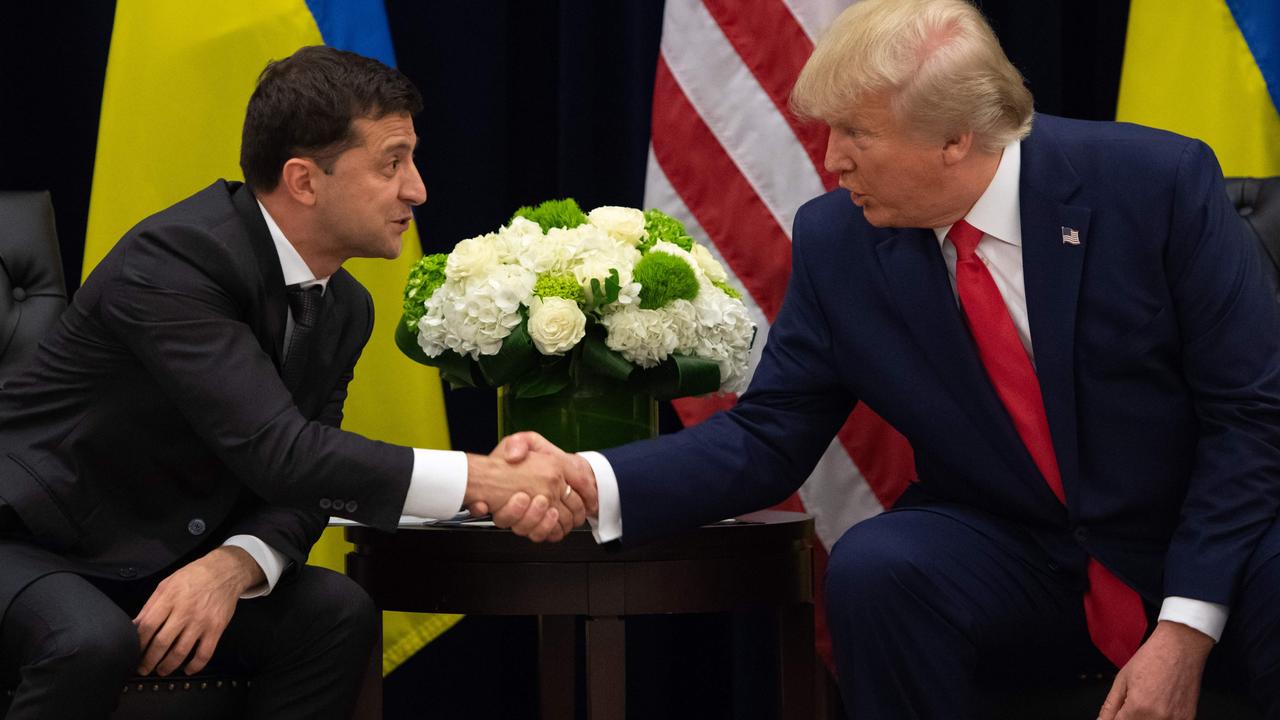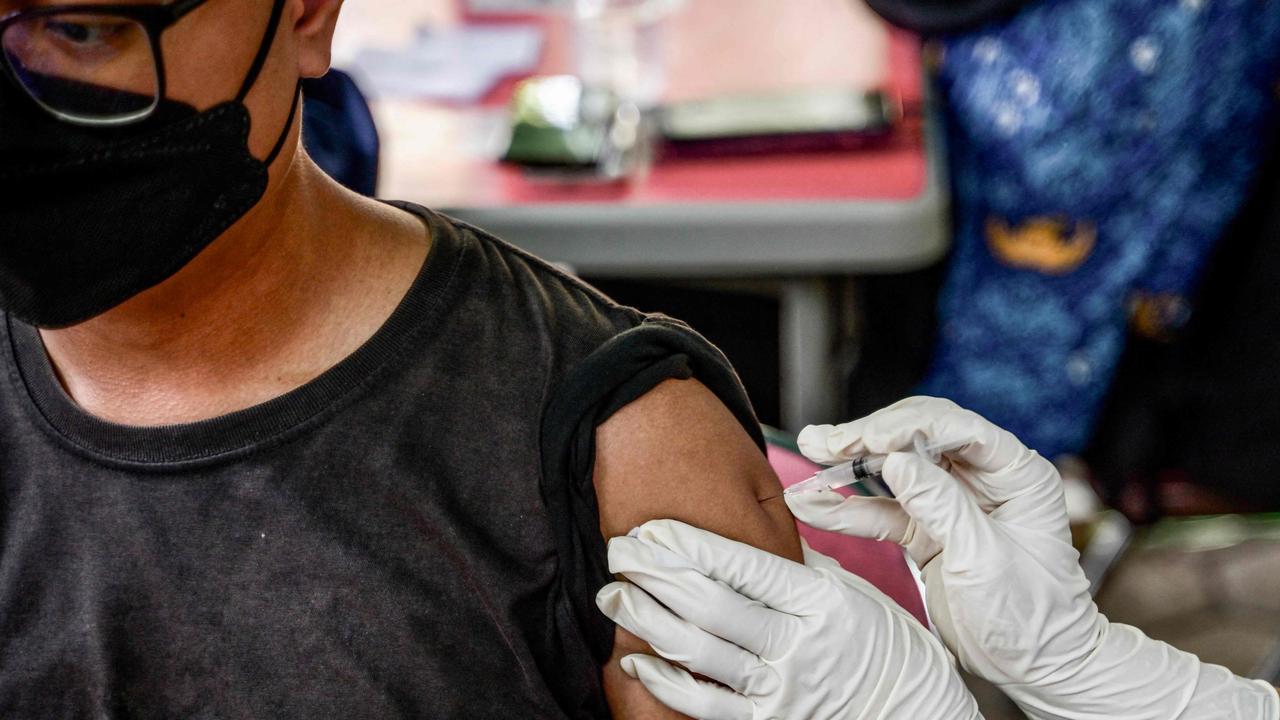Concern in the West as Indonesia joins BRICS bloc as full member
There is a growing perception that Indonesia is shifting its position towards China, away from the West

Indonesia has become the first Southeast Asian country to join the BRICS group of major emerging economies as a full member, a new expansion to the bloc that is widely considered as an alternative to Western-dominated organisations.
The Brazilian government, which holds the group’s rotating presidency this year, confirmed the decision following Indonesia’s formal application to be a member on October 24 last year, just days after President Prabowo Subianto took office.
The Indonesian Ministry of Foreign Affairs said the membership “reflects Indonesia’s growing active role in global issues and its commitment to strengthening multilateral co-operation to create a more inclusive and just global order.”
“BRICS provides an important platform for Indonesia to strengthen south-south co-operation, ensuring that the voices and aspirations of the Global South are heard and represented in global decision-making processes,” the ministry said in a statement.
Indonesia, the world’s fourth most-populous nation, became the 10th member of the group of nations originally listed in an Goldman Sach analysis of emerging market countries, initially only Brazil, Russia, India and China, with a later addition of South Africa. The group added Egypt, Ethiopia, Iran and the United Arab Emirates last year.
Joining BRICS appeared to be Prabowo’s first foreign policy priority. He sent his close aide Sugiono to Kazan, Russia, for the BRICS summit as his first assignment after being named as foreign minister.
Prabowo’s predecessor, Joko Widodo, did not rush to join even though Indonesia’s candidacy was initially endorsed by BRICS leaders in August 2023. Instead, Jokowi opted to focus more on becoming a member of the Paris-based OECD, a plan that Prabowo also wants to complete within two to three years.
BRICS’ quick turnaround in processing Indonesia’s application may indicate Jakarta’s participation was highly anticipated, said foreign policy professor from the National Research and Innovation Agency Dewi Fortuna Anwar.
“At the time BRICS was formed, Indonesia was seen as a potential member, but it didn’t join because it didn’t want to be seen as part of an anti-Western group. This was the position under Jokowi’s administration,” she said.
Prabowo had a different point of view, however, and considered himself a champion for the Global South.
“I think Prabowo sees BRICS as an important platform to elevate Indonesia’s position,” she said.
“Indonesia has historically positioned itself as a leader of the Global South. This isn’t about opposing the West, but about promoting a more just international system.”
However, Radityo Dharmaputra, from Airlangga University, said Indonesia could not ignore the fact that China and Russia were still the ones driving the group’s agenda, which led to a growing perception that Indonesia was shifting its position towards China. That raises concerns in the West.
“While we could argue that BRICS is not necessarily an anti-Western block, the dominant countries, China and Russia, are very much positioned in opposition to the West, and that’s a concern,” he said.
Among the most controversial issues discussed at the last BRICS meeting was the efforts to strengthen local currency as part of growing calls to reduce reliance on US dollar transactions.
US president-elect Donald Trump in December threatened 100 per cent tariffs against the group.


